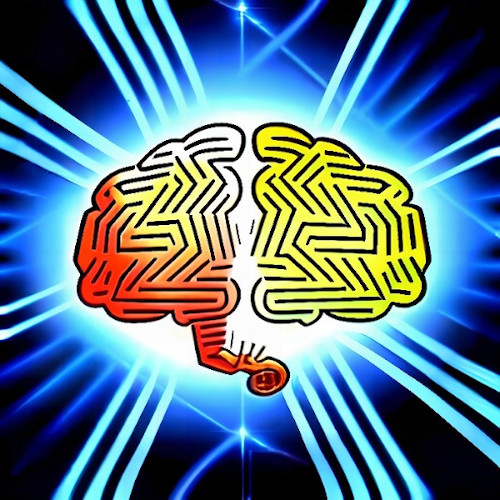
Researchers from the RIKEN Center for Quantum Computing have used machine learning to perform error correction for quantum computers—a crucial step for making these devices practical—using an autonomous correction system that despite being approximate, can efficiently determine how best to make the necessary corrections.
In contrast to classical computers, which operate on bits that can only take the basic values 0 and 1, quantum computers operate on “qubits”, which can assume any superposition of the computational basis states...
Read More









Recent Comments